Ukraine’s President Volodymyr Zelenskyy has called for the creation of a unified European army, arguing that the continent must strengthen its own military capabilities in light of changing US foreign policy.
Speaking at the Munich Security Conference, he stressed that Europe could no longer assume guaranteed security assistance from the United States and needed to prepare for the possibility of Washington stepping back from its traditional role as a protector of European interests.
Zelenskyy referred to remarks by US Vice President JD Vance, who suggested that the longstanding security relationship between America and Europe was evolving, and that Europe needed to adjust accordingly.
He further insisted that Ukraine would not accept any peace deal negotiated without its direct involvement, following reports of discussions between US President Donald Trump and Russian President Vladimir Putin.
On Saturday, US Secretary of State Marco Rubio held a phone call with Russia’s Foreign Minister, building upon an earlier conversation between Trump and Putin. While the call did not disclose specific details regarding Ukraine, both sides reaffirmed their commitment to restoring diplomatic dialogue.
Trump’s engagement with Putin marked a significant shift in US foreign policy, with concerns rising over the exclusion of European allies from these discussions.
Why Zelenskyy has called for an ‘army of Europe’
As Russia’s full-scale invasion of Ukraine nears its three-year mark, Zelenskyy warned of Moscow’s growing military strength. He pointed to intelligence reports indicating that Russia was continuing to expand its armed forces, adding 150,000 troops while opening new recruitment offices.
He also expressed concerns that Russia could deploy forces to Belarus under the pretext of training exercises, potentially threatening other European nations. Zelenskyy’s fears align with broader European concerns regarding Russia’s long-term ambitions.
Poland’s Prime Minister Donald Tusk stated that Europe must develop its own strategy on Ukraine, cautioning that failure to do so would allow other global powers to dictate the region’s future. Germany’s Chancellor Olaf Scholz reaffirmed that Berlin would never support a dictated peace agreement imposed upon Ukraine.
Despite these warnings, Nato officials have yet to confirm intelligence regarding a possible Russian offensive through Belarus, reported BBC. Admiral Giuseppe Cavo Dragone, chair of Nato’s military committee, stated that Western intelligence agencies had not yet provided concrete evidence supporting such claims.
Zelenskyy also responded to discussions surrounding a US-led peace initiative that could sideline Ukraine and European allies.
He warned against trusting Putin in negotiations, stating, “Putin cannot offer real security guarantees. Not just because he is a pathological liar but because Russia, in its current state, needs war to hold power together. And the world must be protected from that.”
How EU leaders reacted to Zelenskyy’s proposal
While Zelenskyy’s proposal for a European army aligns with calls from leaders like French President Emmanuel Macron, the idea remains controversial among EU officials.
EU foreign policy chief Kaja Kallas dismissed the notion of a separate European army, highlighting that existing European forces, many of which are part of Nato, should continue working together rather than forming a new entity.
Similarly, Polish Foreign Minister Radoslaw Sikorski downplayed the likelihood of a fully unified European military. He suggested that while strengthening EU defence capabilities was essential, merging national armies into a single force was not a realistic option.
Instead, he supported expanding European defence production and creating an EU military component that complements Nato’s framework.
At the Munich Security Conference, Zelenskyy argued that Europe needed to assert itself as an independent security power, stating, “Europe has everything it takes. Europe just needs to come together and start acting in a way that no one can say ’no’ to Europe, boss it around, or treat it like a pushover.”
His remarks reflected broader concerns that the EU, despite being an economic giant, remains militarily reliant on the US.
What challenges may come in forming a unified European army
Despite being an economic powerhouse, the European Union has never established a collective military force independent of Nato. Zelenskyy’s appeal highlights a growing debate over Europe’s reliance on US security guarantees and whether the continent should develop its own robust defence infrastructure.
However, deep divisions exist among EU member states regarding defence policies and sovereignty. With 27 countries in the bloc — each with its own national interests and military priorities — achieving consensus on a joint European army remains a significant challenge.
While Macron has long advocated for the EU to strengthen its own military forces, resistance from other nations, including Poland and the Baltic states, makes such a proposal difficult to implement.
Furthermore, the structural framework of the EU does not currently support the creation of a centralised military force. While discussions about a reinforced brigade are ongoing, the full integration of national armies remains unlikely due to concerns over command structures, funding, and national sovereignty.
What next for Zelenskyy & EU?
Zelenskyy’s call for a European army comes at a time when US support for Ukraine appears increasingly uncertain. Trump has previously suggested that European nations should compensate the US for military aid and has pushed for access to Ukraine’s rare mineral resources in return for continued assistance.
In contrast, Zelenskyy has rejected any security arrangement that does not offer Ukraine adequate protection against further Russian aggression.
As part of his broader strategy, Zelenskyy has underlined the importance of Ukraine’s Nato aspirations, stating that he will “not take Nato membership for Ukraine off the table.”
However, both Trump and US Defence Secretary Pete Hegseth have indicated that Ukraine’s Nato membership is unlikely in any near-term peace settlement.
Zelenskyy’s statements suggest a long-term shift in European security policy, one that seeks to reduce dependency on US leadership while strengthening collective European defence capabilities.
With inputs from agencies


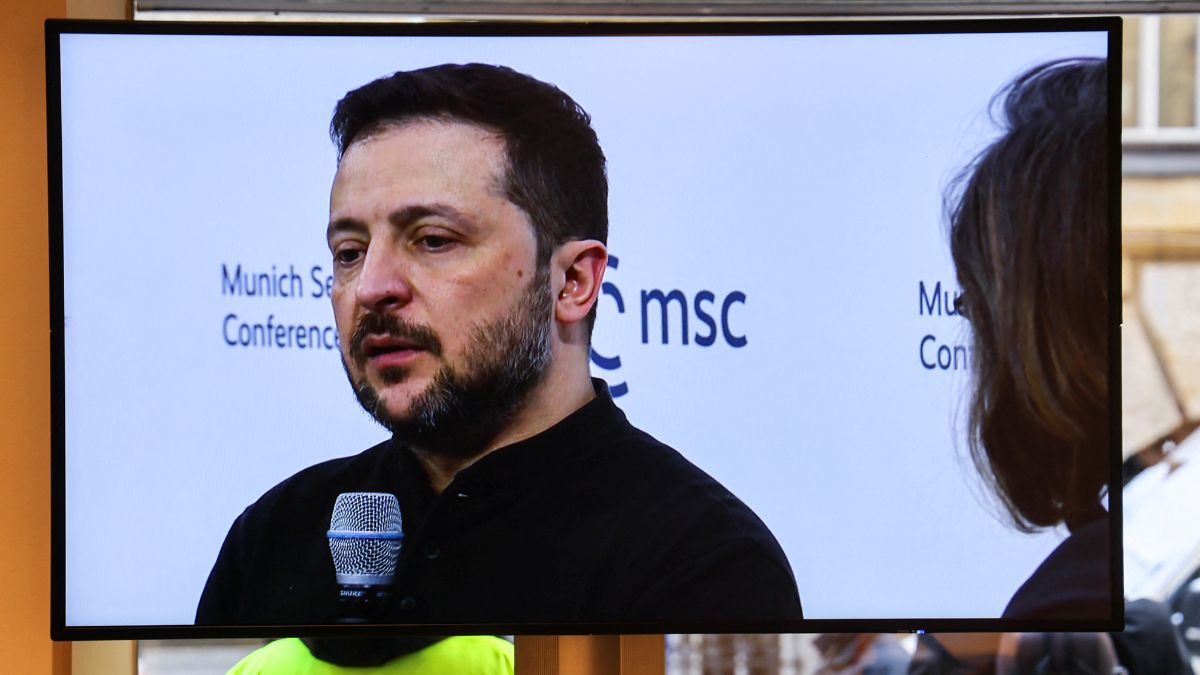)
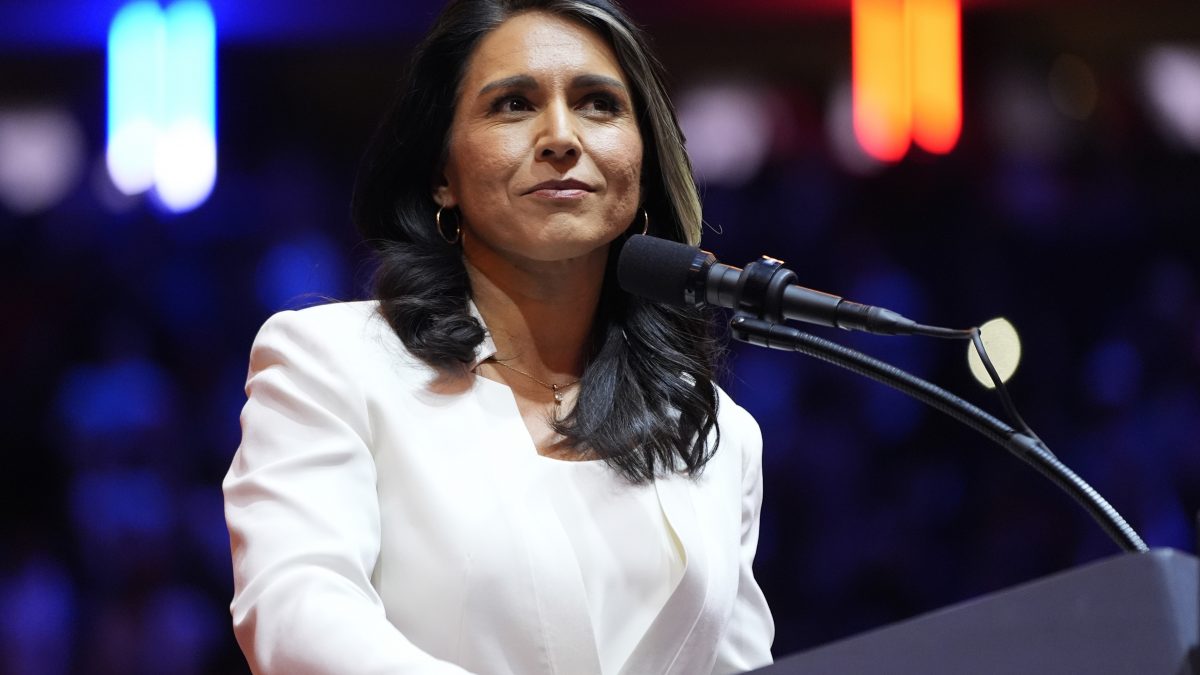)
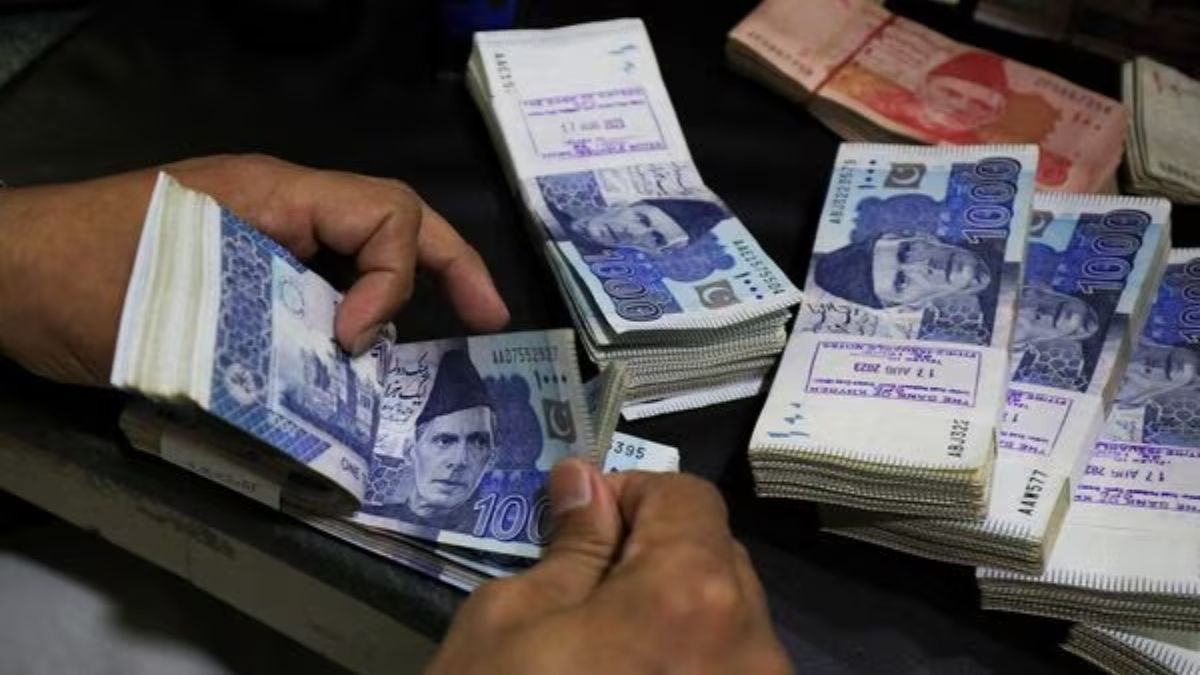)
)
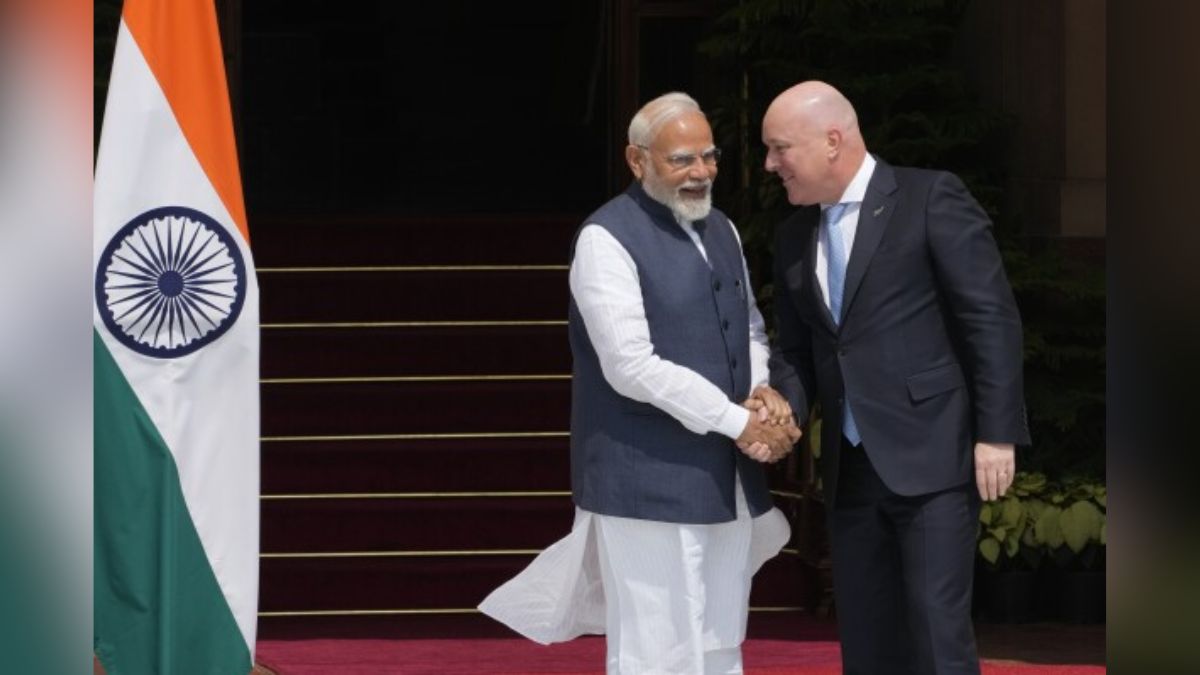)
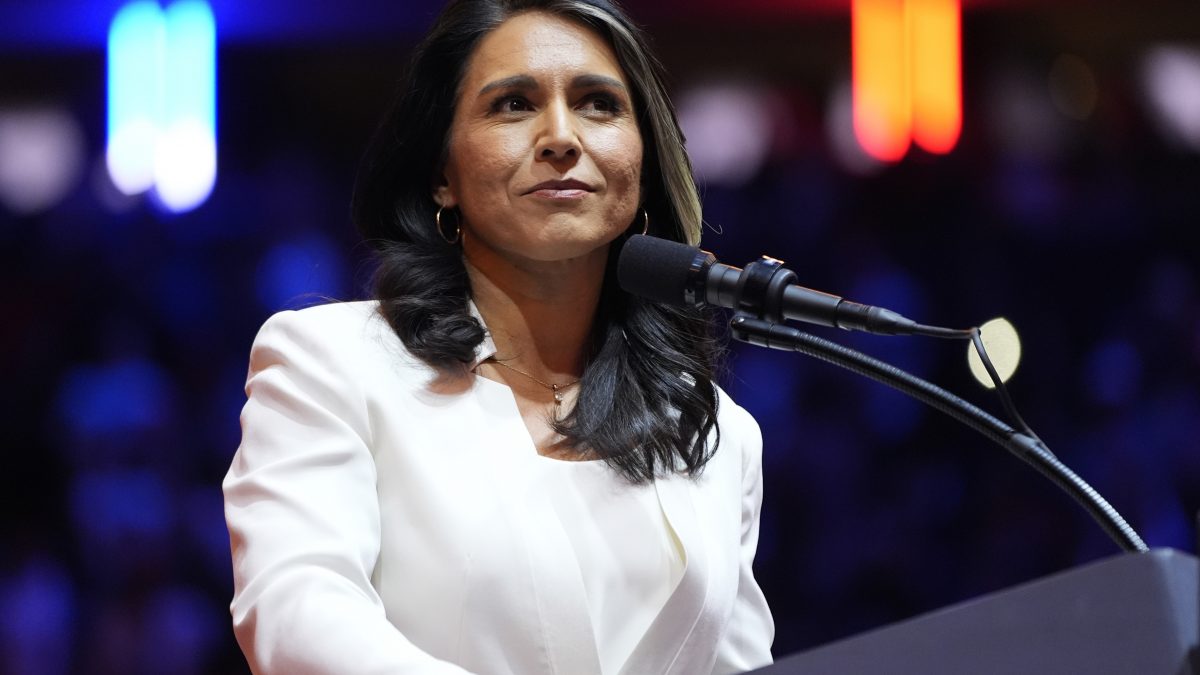)
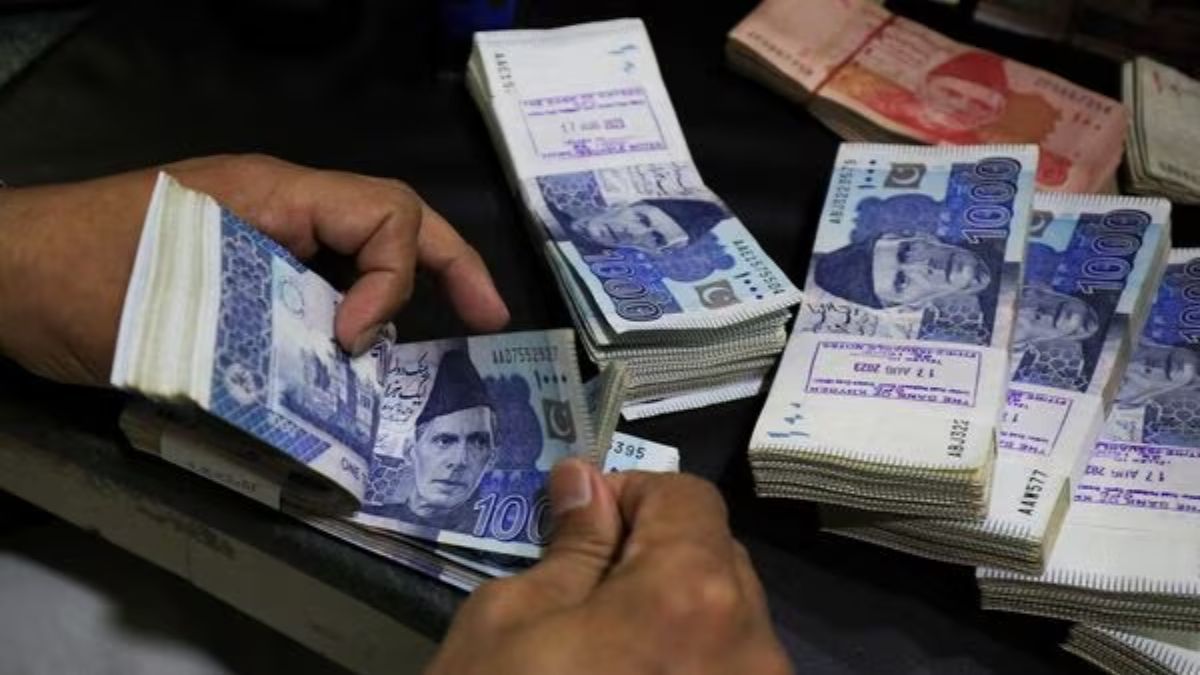)
)
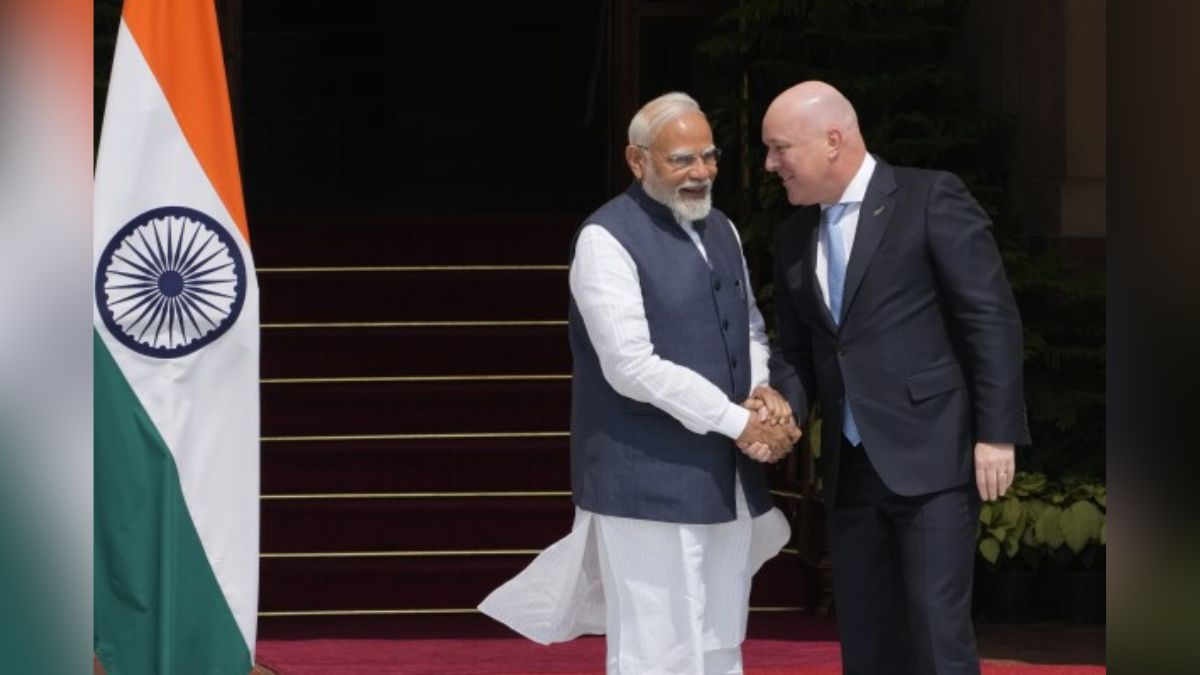)



